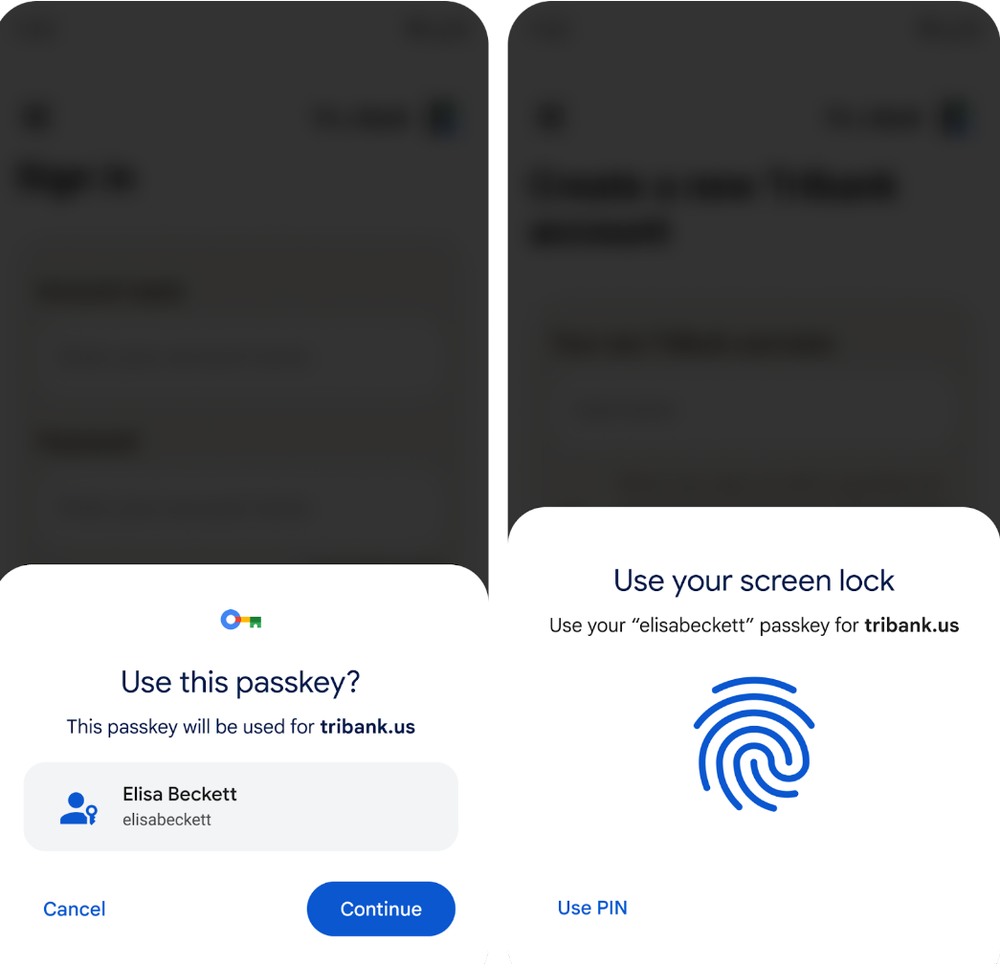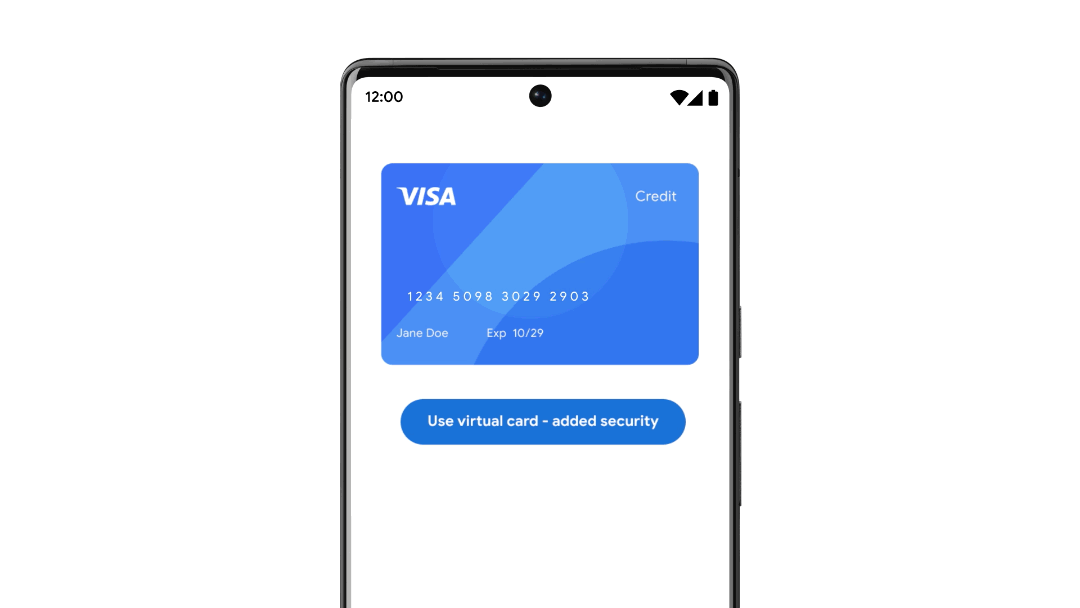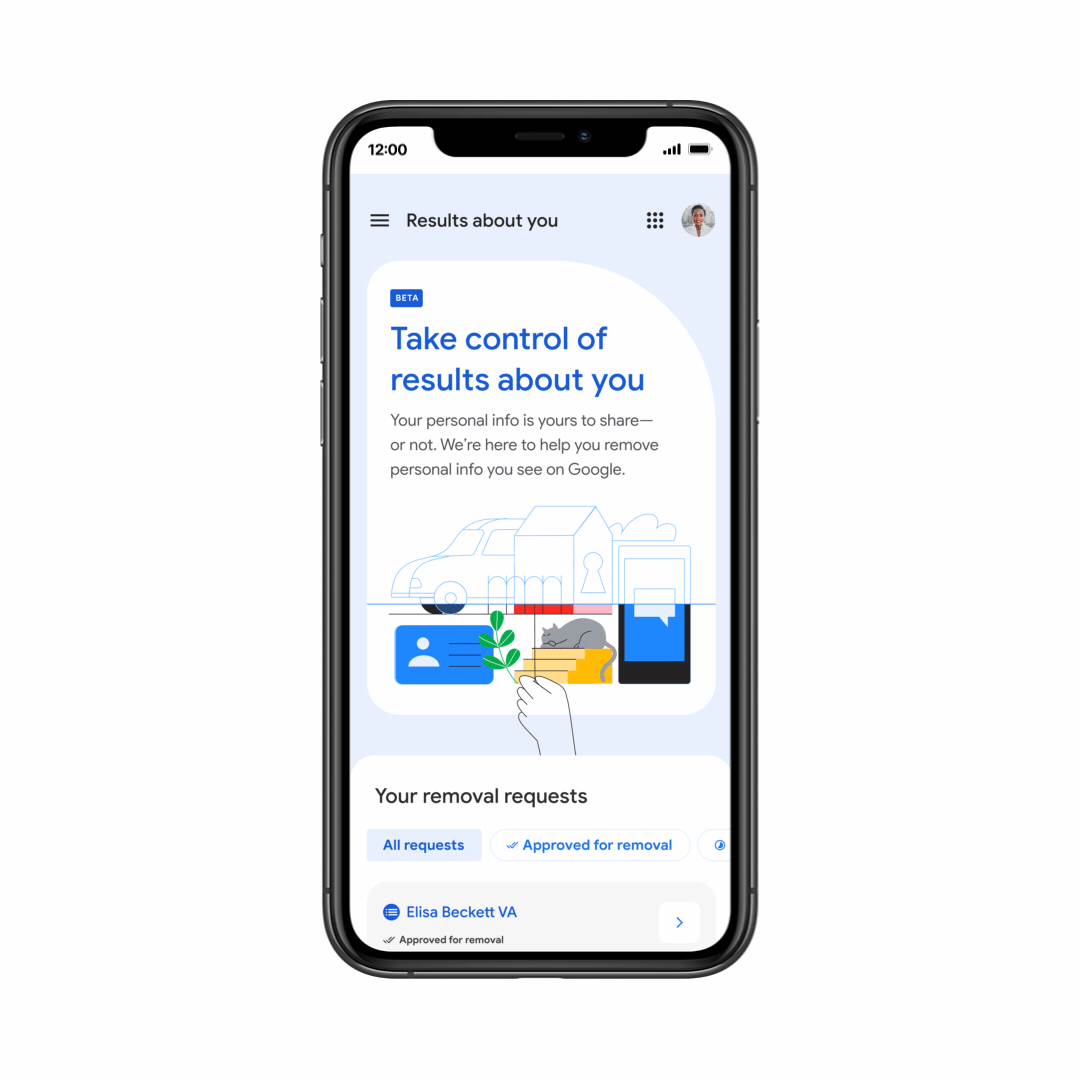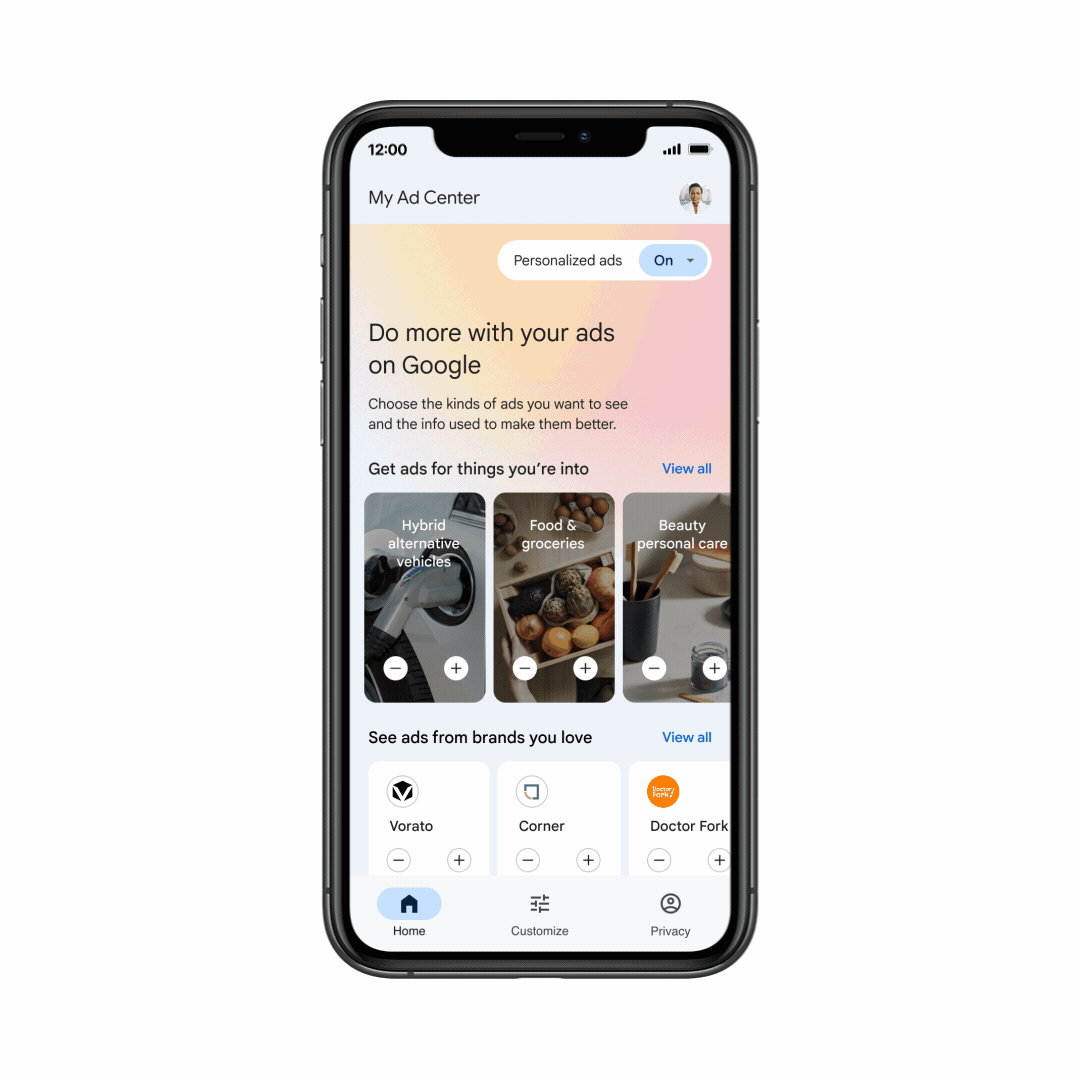 We’re bringing built-in protections to more kids and teens, and equipping parents with additional tools to support safer experiences.
We’re bringing built-in protections to more kids and teens, and equipping parents with additional tools to support safer experiences.
New digital protections for kids, teens and parents
 We’re bringing built-in protections to more kids and teens, and equipping parents with additional tools to support safer experiences.
We’re bringing built-in protections to more kids and teens, and equipping parents with additional tools to support safer experiences.
 Today at I/O 2023, we’re sharing the newest ways we’re keeping you safer with Google.
Today at I/O 2023, we’re sharing the newest ways we’re keeping you safer with Google.
 For Safer Internet Day, we take a look at some of the ways we keep more people safe online than anyone else in the world.
For Safer Internet Day, we take a look at some of the ways we keep more people safe online than anyone else in the world.








